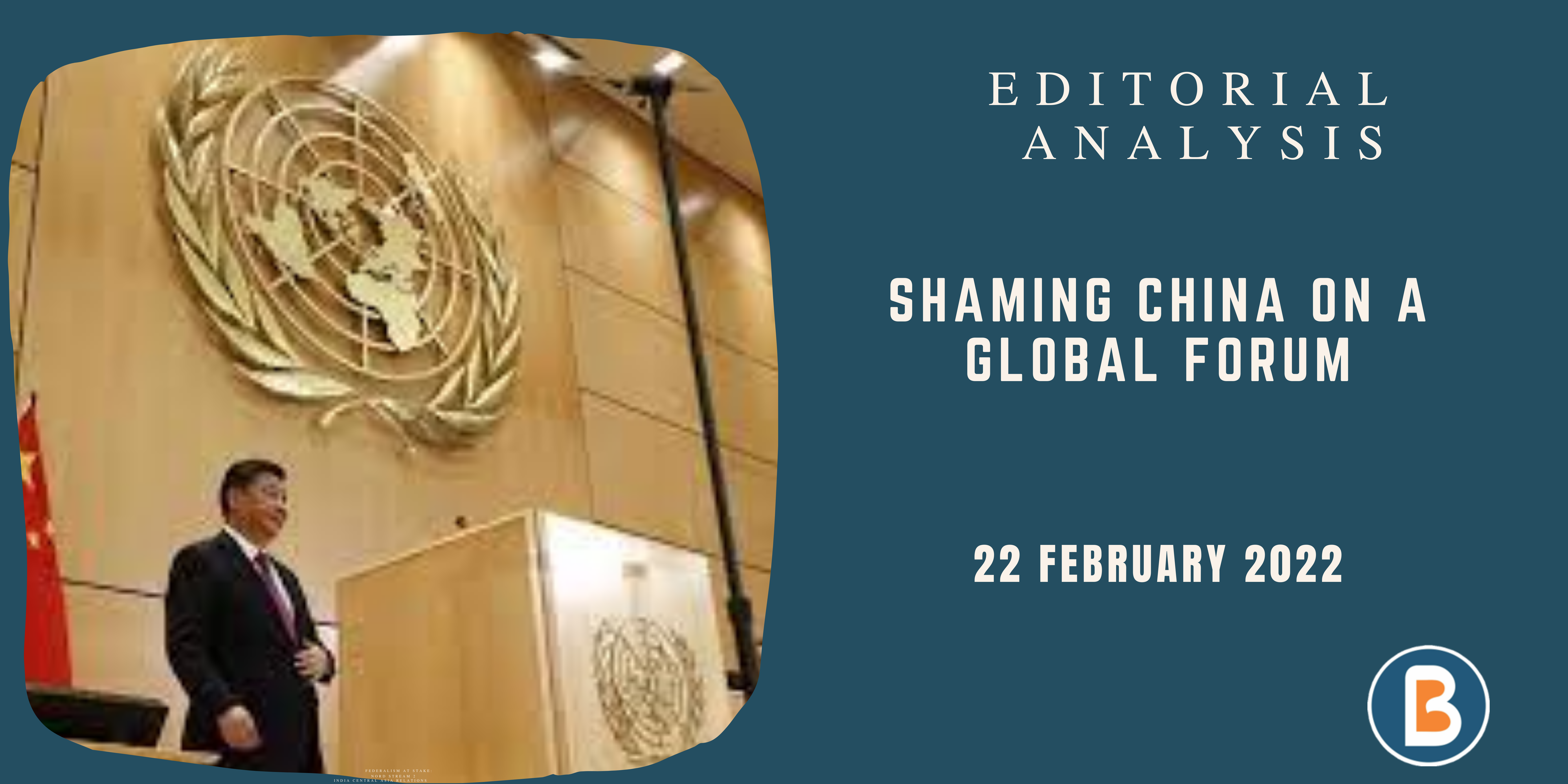Outlook for regional and global affairs
Context:
The 15th BRICS summit held in Johannesburg recently made a significant announcement: six new members, including Iran, Saudi Arabia, the United Arab Emirates (UAE), Egypt, Ethiopia, and Argentina, have been invited to join the five-member grouping consisting of Brazil, Russia, India, China, and South Africa. This expansion reflects BRICS’ growing global influence and its aim to challenge the dominance of Western-led international institutions.
Relevance:
GS – 02 (Groupings & Agreements Involving India)
Prelims:
- BRICS
- UNSC
- Beijing Declaration
Mains Question:
- Discuss the significance of BRICS’ recent expansion by inviting six new member countries and its potential impact on global geopolitics. 150 words.
Dimensions of the Article:
- BRICS: An Alternative to Western-Dominated Institutions
- Economic Clout and Global Presence
- Geo-Strategic Significance of New Members
- BRICS Achievements and Shared Vision
- Outlook for Regional and Global Affairs
BRICS: An Alternative to Western-Dominated Institutions
- BRICS has emerged as an alternative to the Western-dominated international institutions that have held sway since World War II. The dissatisfaction of BRICS members with institutions like the World Bank, International Monetary Fund (IMF), United Nations (UN), and the World Trade Organization (WTO) has been a unifying factor.
- These institutions have been criticized for reflecting an outdated world order. The BRICS summit in Johannesburg reaffirmed the group’s commitment to creating a more representative and equitable international order.
Economic Clout and Global Presence
- The proposed expansion of BRICS will significantly bolster its global presence. With the inclusion of new members, BRICS will account for 46% of the world’s population and 37% of the global GDP in PPP terms, surpassing the GDP of the G-7 countries.
- BRICS members represent 23% of global exports and 19% of global imports. This expansion will particularly impact the energy sector, as BRICS’ share of global oil production will increase from 20% to 42%.
Geo-Strategic Significance of New Members
- The addition of new members carries significant geo-strategic value. West Asian members, in particular, already have strong ties with existing BRICS members.
- Saudi Arabia and the UAE supply a significant portion of their oil to China and India. Russia is also exploring Brazil as a potential market.
- Iran, despite U.S. sanctions, has increased oil production, with a substantial portion going to China.
- Egypt and Ethiopia play crucial roles in the Horn of Africa and the Red Sea region, while Argentina is a major Latin American economy. These additions enrich BRICS with geo-strategic diversity.
BRICS Achievements and Shared Vision
- Over its 15-year history, BRICS has consistently issued consensual declarations, expanded its content, focused on specific goals, and broadened its areas of interest.
- The Johannesburg Declaration emphasizes reforms in international organizations and encourages the use of local currencies in trade transactions among BRICS members and other trading partners.
- Moreover, the declaration reflects shared positions on various political issues, including the importance of the United Nations and concerns in West Asia, Ukraine, and global terrorism.
Outlook for Regional and Global Affairs
- New BRICS members, particularly those from West Asia, align with the group’s political and economic framework.
- Saudi Arabia and the UAE have pursued independent foreign policies, engaging with regional players and embracing dialogue.
- Iran’s entry into BRICS offers opportunities for enhanced regional economic cooperation and the revival of connectivity projects like- Chabahar port, which India is involved in.
Conclusion:
BRICS’ expansion signifies its growing influence and determination to reshape global affairs. The addition of new members strengthens its economic clout and global presence. Furthermore, BRICS’ achievements, shared vision, and rejection of a new cold war narrative demonstrate its commitment to fostering cooperation, reform, and representation in international institutions.




